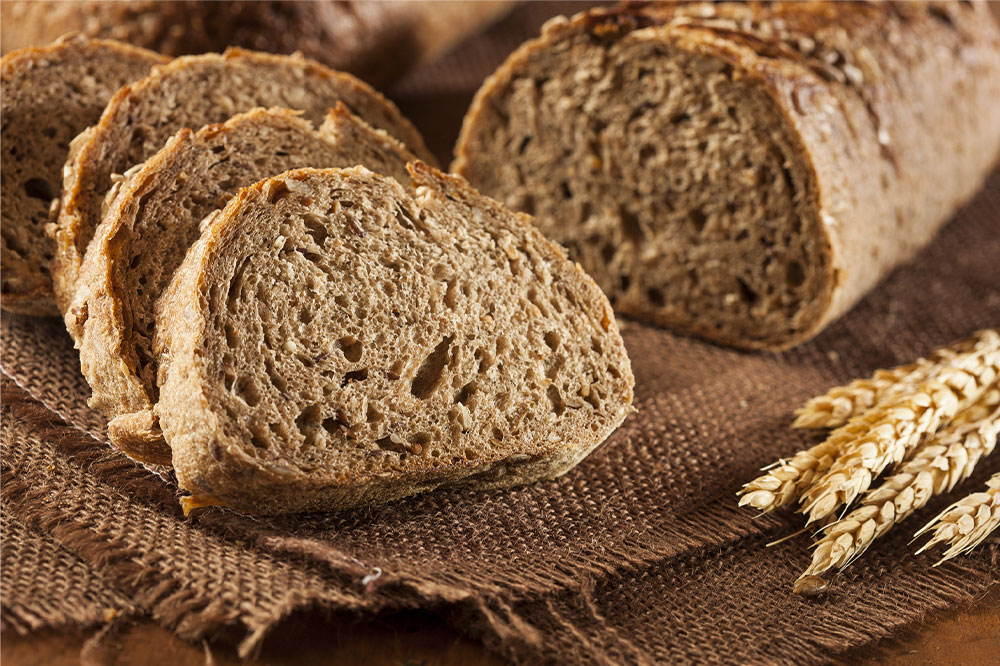Nutrition Tips for Supporting Schizophrenia Management
This article explores effective dietary strategies for managing schizophrenia, highlighting foods to include like fruits, vegetables, omega-3-rich fish, and B12 sources, while advising against gluten and refined sugars. Proper nutrition can improve mental health outcomes and reduce related health risks.
Sponsored

Individuals diagnosed with schizophrenia often have diets lacking in essential nutrients, with low intake of fruits and fiber, and excessive saturated fats. Poor eating habits can heighten the risk of health issues such as obesity, diabetes, and cardiovascular diseases. Studies indicate that dietary adjustments can positively influence schizophrenia symptoms. Here are optimal and avoidable food choices for managing the condition.
Foods to include
Fruits
Fruits like apples, pears, and berries boost fiber intake, aiding digestion and lowering cholesterol, which can help prevent obesity and heart problems associated with schizophrenia.
Vegetables
Vegetables such as spinach, sweet potatoes, and beans are rich in vitamins, fiber, and potassium, supporting blood sugar regulation and overall health. Spinach, high in folate, may help alleviate schizophrenia symptoms. Other folate sources include asparagus and black-eyed peas.
Omega-3 Rich Fish
Foods like salmon and mackerel provide omega-3 fatty acids, crucial for cognitive health. Since omega-3s can't be synthesized by the body, including fatty fish or plant-based sources like walnuts is beneficial. Supplements are suggested for vegetarians.
Zinc-rich Foods
Seafood such as crab and oysters, along with fortified cereals and beef, have zinc, which might be linked to reduced schizophrenia risk.
B12 Sources
Clams, trout, and liver are high in vitamin B12, essential for mental health. Vegetarians should consider B12 supplements prescribed by their doctor to prevent deficiencies linked to psychosis.
Foods to avoid
Gluten-containing Bread
Some research suggests wheat sensitivity could influence schizophrenia symptoms. Switching to gluten-free grains can be beneficial for some individuals.
Refined Sugars
Sweets, candy, and sugary drinks contribute to diabetes risk, complicating schizophrenia management. Eliminating refined sugars from the diet supports overall health and symptom control.






